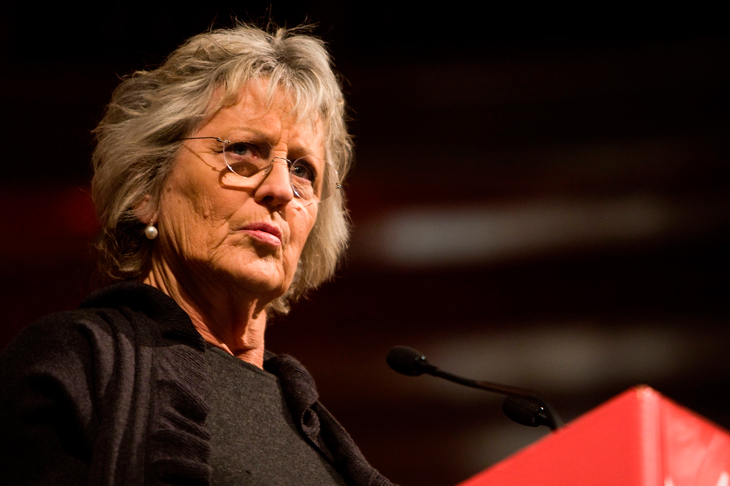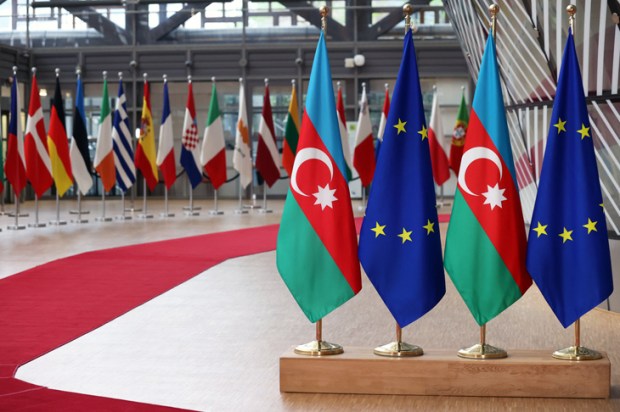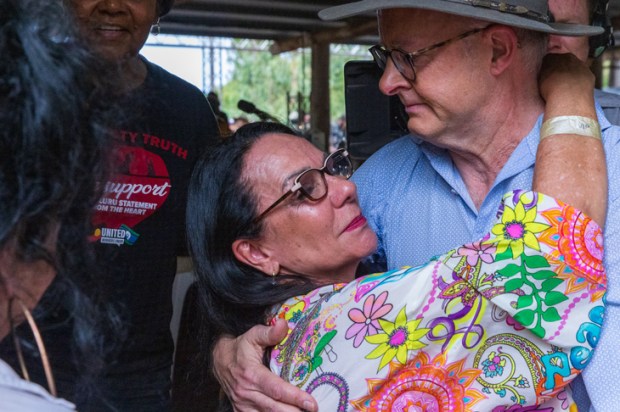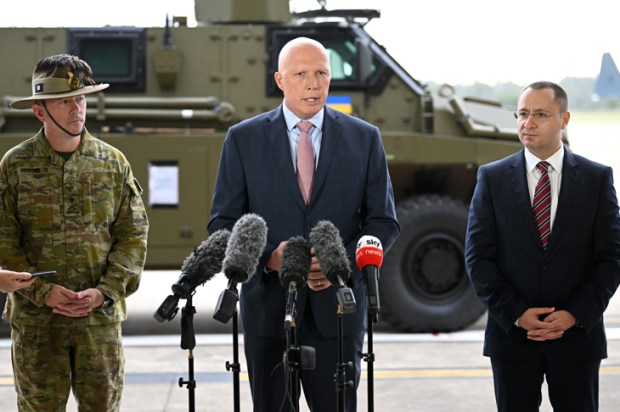Wasting millions on Humanities grants
This month, a number of university departments across Australia will be filled with the sound of popping corks and clinking glasses, as 91 jubilant Future Fellows and their colleagues celebrate the announcement by the Hon. Simon Birmingham that they are each to receive a slice of the Australian Research Council’s considerable pie.
In this latest round of funding from the ARC, a total of $77 million of taxpayers’ money is being distributed to a variety of academics from several disciplines whose research has been deemed to be both of ‘national priority’ and ‘critical importance.’ This of course implies that their output will benefit society at large and will make a positive and indelible impact on Australia, improving citizens’ lives and ensuring its continued success as a prosperous, peaceful and stable nation.
There is no doubt that the majority of projects fall into this category. The detection and treatment of abnormal foetal heart growth, the improvement of productivity in the mining and energy sectors, or the improvement of productivity and efficiency of Australian hospitals are undeniably worthy of financial support.
However, there are a number of projects attached to Humanities departments which have not only received very generous support from this recent round of founding, but also from other ARC schemes such as the Discovery Early Career Research Award which was awarded at the end of last year.
Their failure as projects is not because they are humanities subjects, but because they fail as humanities subjects. They are narrow in scope, often incomprehensible and reflect the current penchant for cultural studies, critical theory and radical feminism. These are the sorts of projects which give the Arts and Humanities a very bad name.
Take for example, the $952,843 allocated to the University of Sydney to effectively study the history of the department store in the early twentieth century. Over the next four years, researchers will investigate the shopping habits of Sydneysiders as they peruse the cornucopia on sale in David Jones. According to the proposal, the exercise will deepen understanding of ‘how the department store enhances the public’s engagement with modernism.’
In the meantime, researchers working on a similar theme at the University of New South Wales have been given $160,000 to document the ‘history of women as consumers’ using ‘Filipino elite and migrant women between 1902-2010’ as case studies. I’d hazard a guess they excelled in the shoe department. Apparently this could ‘enhance Australia’s reputation in the field of women in Asia.’
A further $253,000 has been allocated to the University of Sydney for ‘Document loss in pre-modern Europe.’ This particular project appears to be based on primary sources which no longer physically exist because they were either deliberately or accidently destroyed during the Middle Ages. Rather than being an impediment to the research project however, this absence will apparently ‘uncover how obliteration led to both open repression and blank-slate reinvention, a powerful form of cultural creativity.’ I’m not one hundred percent sure what this means, but I suspect that it is certainly easier to make claims if there is no documentation upon which to refute those claims.
Speaking of things which don’t exist, the University of New South Wales has received $116,000 for a project entitled ‘Modern women and poetry of Complaint, 1540-1660.’ This venture ‘expects to uncover how the imagined voices of the disempowered shaped the literary and political cultures of early modern England.’ Never mind that this period of English history witnessed momentous events such as the Reformation, an act of regicide and a bloody Civil War. Instead, the ARC saw fit to fund the study of ‘imagined voices’ of ‘disempowered’ women during the English Renaissance.
In contrast, the University of Sydney has been given a total of $148,298 to examine a voice which is about as far away from imagined as one can possibly get; that of Germaine Greer. According to the project description, the venture will examine how the Australian ‘second wave’ feminist has helped to explain how ‘feminist ideas circulate in the public domain.’
Even if one were to possess an imagination of exceptional elasticity, could these projects, totalling $1.63 million of taxpayers’ money, be considered even vaguely critical to the nation? Unfortunately, this is not a new phenomenon.
There have been various attempts by the government to intervene over the years. Back in 2004, the then Liberal education minister, Brendan Nelson, vetoed several projects, and appointed outsiders to vet grant applications. In 2013, the Coalition government announced that it would audit and redirect funds which had been allocated under the Labor government from the ARC in an attempt to curb ‘waste.’ The ARC needs to become more rigorous in its evaluation of projects and introduce an element of accountability at the end of each project.
Not only are these humanities projects a colossal waste of taxpayers’ money, but they also reflect the fact that Australia’s universities are no longer teaching the history of British institutions and Western Civilisation that are essential to understanding our present and to shaping our future. Unfortunately, this is exactly the type of thing that we have come to expect from the current intellectual environment of Australian universities.
Perhaps a solution to this problem could come in the form of self-funded research such as exists in Britain and Canada.
If academics were forced to make a salary sacrifice or take a loan to pay for their research, then this would certainly focus their minds on what is critical to the nation and what is not.
Got something to add? Join the discussion and comment below.
Get 10 issues for just $10
Subscribe to The Spectator Australia today for the next 10 magazine issues, plus full online access, for just $10.
You might disagree with half of it, but you’ll enjoy reading all of it. Try your first month for free, then just $2 a week for the remainder of your first year.















Comments
Don't miss out
Join the conversation with other Spectator Australia readers. Subscribe to leave a comment.
SUBSCRIBEAlready a subscriber? Log in